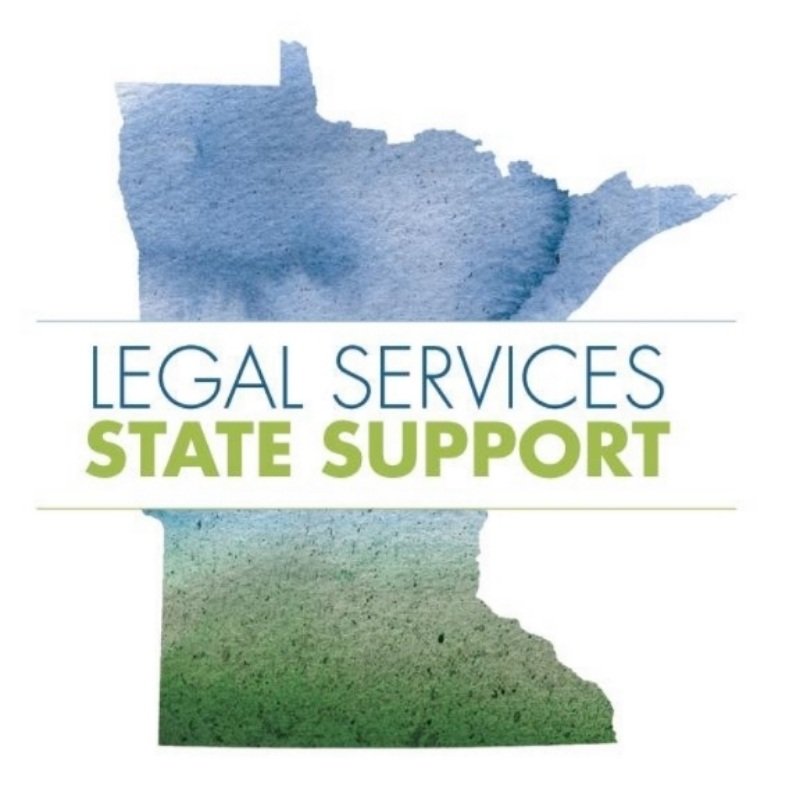Last summer, State Support began a monthly webinar series to share more about the work of legal services organizations statewide. The aim of the series is to foster connections and referrals between programs by taking a closer look at each program’s work.
On February 20, the series featured Farmers’ Legal Action Group (FLAG), a nonprofit law center supporting family farmers. Here are excerpts from that conversation with Scott Carlson, executive director of FLAG, Stephen Carpenter, deputy director, and Lindsay Kuehn, staff attorney.
When and why was FLAG started?
FLAG is just about 34 years old (next week, in fact). It was created by a small group of private attorneys and legal aid attorneys who represented a nationwide class of farmers challenging procedures that were being used to freeze income and force farmers off their land. The mission was, and still is, to support family farmers and communities and to keep farmers on the land. Early in 1986, Willie Nelson himself wrote the first check that helped get us off the ground.
What types of services do you provide?
We have a free hotline (651-223-5400) and try to answer questions on the phone, but sometimes it turns into a longer representation. Last year we handled a couple hundred calls through the hotline. Another key aspect of our work is educating farmers on state and federal laws and farm program benefits in order to help them increase and protect income, and improve their financial life in general. We connect farmers to other programs that can help, too.
What kinds of legal issues are you addressing with clients?
One of the things to emphasize about our work is that in the countryside as you drive around it can look pretty prosperous, but in reality the farm population is a lot like society generally in terms of income inequality. Our clients are the folks that really struggle. That’s not everyone in agriculture, but it’s a substantial portion.
Right now, approximately half of our calls are about financial difficulty. Whether it’s facing foreclosure, trying to head off foreclosure, debt, bankruptcy, credit issues, repossession of equipment or lender mediation, we are doing lots of work on these kinds of issues. One of our recent publications related to this is the Guide to Minnesota Lending Law, which was funded in part through the Bank of America settlement.
We also hear a lot around land access. Especially for beginning farmers, it can be hard to have access to the land.
Weather and trade issues are in the news. What are you seeing impact farmers in Minnesota?
One of the things FLAG has done for decades is help farmers respond to natural disasters. We’re already looking ahead to spring and how we’ll respond to the flooding we know is coming. We recently published seven volumes of updated disaster guides. We also help guide farmers to public programs that help in response to trade and other issues.
What is the scope of your work?
We are not only for Minnesota. We do work anywhere. The kind of work we do outside Minnesota depends on where we may be licensed to practice law. We can do other work, educational or disaster relief work, or other organizing around the country. We are also working to create a legal network for farmers in the Northeastern United States. One of our priorities has been civil rights in agriculture. People from this office spent years on African American farmer discrimination cases and we continue to work on civil rights issues for farmers.
What are your newer projects?
We are expanding the work we do for Native American farmers and ranchers and have recently created a Native American Agriculture Law Center. We’re actually hiring a staff attorney for that project. We want to help keep those farmers and ranchers on the land, consistent with our mission.
What should people know about your clients?
There’s an array of legal issues that farmers face and many of them just cannot afford a lawyer. That’s part of why we write legal guides for farmers. We try to focus on providing detailed guides because there’s a fair bit out there that is cursory. I always tell farmers that these guides are as dry as dust, but they can rely on them. We have farmers that will walk into a lending institution and say “you can’t do that, look here in the FLAG book.”
Another thing is that people at the farmers’ markets, or direct providers to co-ops and grocery stores, are almost all of very modest means. In the Twin Cities they are often immigrants and they face a number of legal issues that often go unnoticed, like zoning or legal liability or how the direct market is regulated.
Can you share some successes?
One publication we wrote in response to the needs of the Minnesota Farmers Union was a Guide to Solar and Wind Energy. Renewable energy is one way farmers can offset expenses and diversify their income. A lot of our work provides tools that can help farmers’ navigate all these legal questions. For a couple of years we’ve worked with a coalition of people around Minnesota about the cottage food law, and we also produced a guide on that law.
For more about FLAG, listen to the entire recording of this interview through GoToWebinar. You will be asked to enter a name and e-mail address to access the recording.

